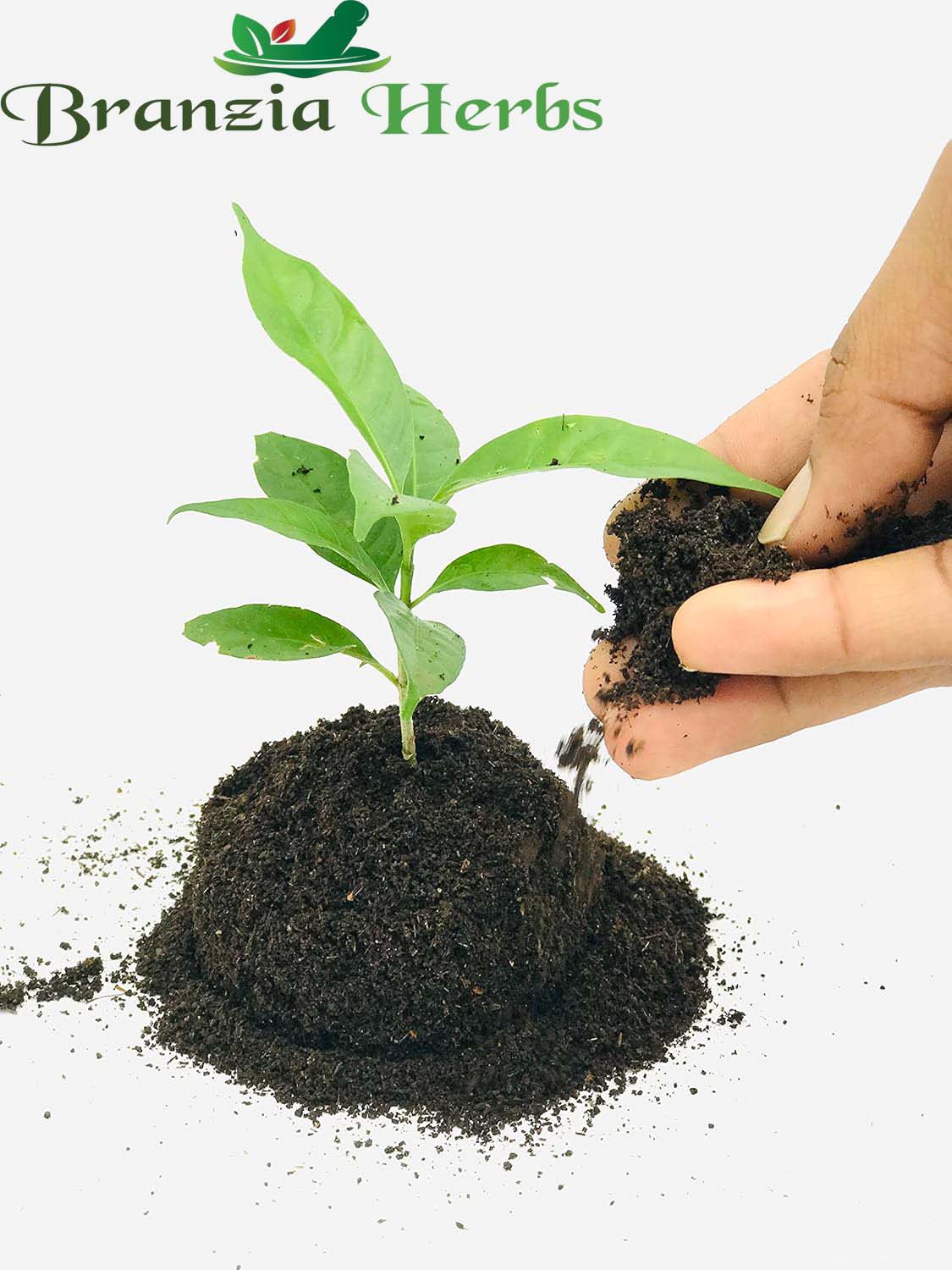Uses and Benefits:
-
Vein Health:
-
Primary Use: Horse Chestnut Powder is commonly used to support vein health, particularly for conditions such as chronic venous insufficiency (CVI) and varicose veins.
-
Mechanism: The active compound, aescin, is believed to strengthen vein walls, improve blood flow, and reduce inflammation.
-
Circulation:
-
Supportive Role: It may help improve circulation by reducing blood pooling and enhancing overall vascular function, which can alleviate symptoms like swelling and heaviness in the legs.
-
Anti-inflammatory Effects:
-
Health Benefits: The anti-inflammatory properties of aescin may help reduce inflammation and pain associated with poor circulation and related conditions.
-
Edema Reduction:
-
Potential Benefits: Horse Chestnut Powder may assist in reducing edema (swelling) and fluid retention, particularly in the lower limbs.
-
Joint Health:
-
Traditional Use: It has been used traditionally to support joint health and alleviate pain from arthritis, although more research is needed to confirm these benefits.
How to Use:
-
Dosage: Typical dosages range from 300 mg to 1 gram per day. The exact dosage can vary based on individual needs and the specific product. Always follow the instructions provided with the product or consult with a healthcare provider.
-
Preparation: Mix the powder into water, juice, smoothies, or other beverages. It can also be encapsulated for easier consumption.
-
Timing: It is generally taken once or twice daily, depending on dosage and individual recommendations.
Side Effects and Precautions:
-
Potential Side Effects: Generally considered safe when used as directed. Possible side effects include gastrointestinal discomfort, nausea, dizziness, and headache. High doses may lead to more serious issues such as liver damage.
-
Pregnancy and Breastfeeding: Safety during pregnancy and breastfeeding is not well-studied, so it’s best to consult with a healthcare provider before use.
-
Interactions: Horse Chestnut Powder may interact with anticoagulants (blood thinners), diabetes medications, and other medications. Consult a healthcare provider if you are on medication or have health concerns.
Storage:
-
Shelf Life: Store in an airtight container in a cool, dry place. Horse Chestnut Powder typically remains effective for up to a year.
-
Signs of Spoilage: Discard if the powder develops an off smell, discoloration, or signs of moisture or mold.
Substitutes:
-
Other Circulation Supplements: If Horse Chestnut Powder is unavailable, alternatives like Butcher’s Broom, Grape Seed Extract, or Gotu Kola might offer similar benefits, though they have different mechanisms and properties.
Considerations:
-
Quality and Authenticity: Purchase from reputable sources to ensure the product is authentic and free from contaminants or adulterants.
-
Regulatory Status: Horse Chestnut is not approved by major regulatory bodies like the FDA for specific medical conditions but is used as a supplement for vein and circulation support.
Horse Chestnut Powder is a useful supplement for supporting vascular health and improving circulation. As with any supplement, it’s important to use it responsibly and under the guidance of a healthcare professional, particularly if you have specific health concerns or are taking other medications.




